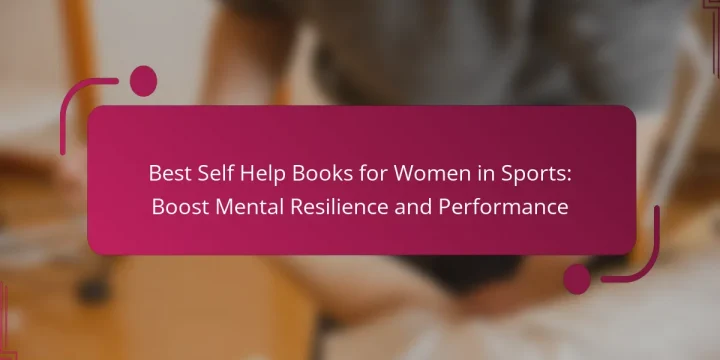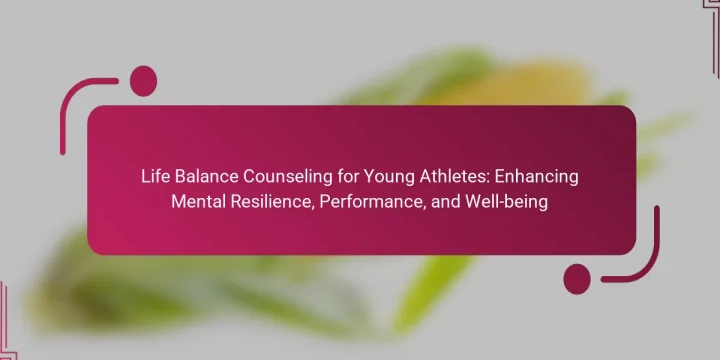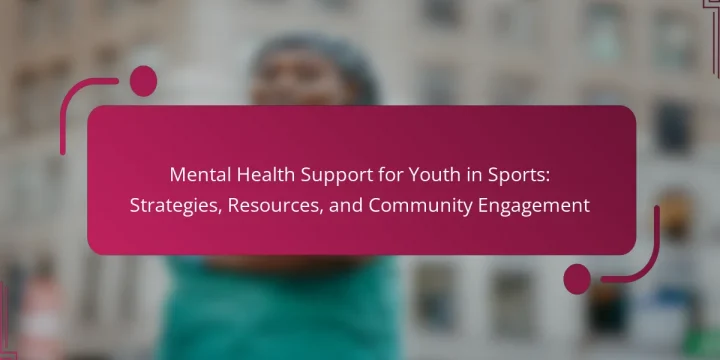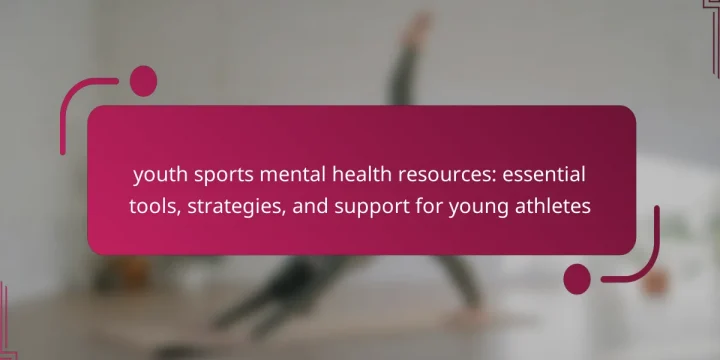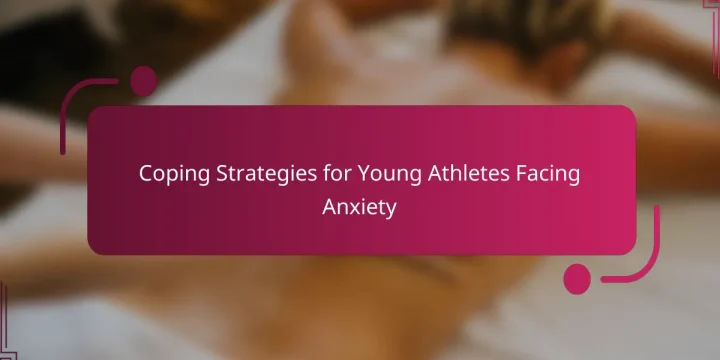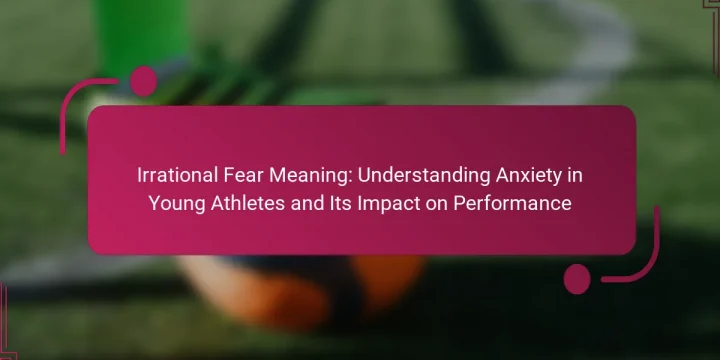
Irrational fear in young athletes significantly impacts their performance, leading to excessive anxiety and avoidance behaviours. This article explores the sources of anxiety, including pressure from coaches and parents, and the effects of social comparisons. It discusses techniques for managing these fears, such as visualisation and positive self-talk, while emphasising the importance of a supportive environment for young athletes. Understanding these dynamics is crucial for enhancing mental resilience and overall athletic performance. What is Irrational Fear in Young Athletes? Irrational fear in young athletes refers to excessive anxiety that disrupts their performance. This fear can stem from pressure to succeed, fear of failure, or negative past experiences. It often manifests as avoidance behaviours, impacting training and competition. Addressing irrational fear can enhance mental resilience and overall athletic performance. How does…
